Street Animals
Animal lovers who travel to Cuba usually spot homeless dogs on the streets. They often are pitiful, emaciated, and sick. It's only natural to want to save them and even adopt them.
Thus (TAP) and Aniplant often get requests to find and rescue a given dog, get it healthy, and then ship it to a new home in the US or Canada. Usually these requests come via email from the travelers after they've returned home. We try to help when we can, but this is a very inefficient use of our resources and those of the traveler.
First of all, street dogs aren't always easy to find. They often keep moving in search of anything they can eat. Also, usually they are sick. If we are lucky enough to find an animal, we have to find a foster home for it, get vet treatment and inoculations, await some test results, coordinate with airlines, buy a travel carrier (at inflated tourist prices), travel to the airport, and coordinate all this (with translations) via email with the new adoptive family. If needed, travel to other cities away from Havana means renting a car, hotel stays, etc. The traveler must bear all of these costs.
A far more efficient approach is to leave the street dog in Cuba and visit an animal shelter near your home for your new companion. You'll find a large variety of healthy animals (more than 30% are purebred, if you want a specific type), and very reasonable costs.
We certainly hate to pass by those poor sick animals we see on the street, but we must keep our eye on our objective, which is to spay and neuter as many animals in Cuba as possible. Ultimately this is the only practical wayto address overpopulation of dogs and cats in any locality. We are not being cruel when we resist out-of-country adoptions--we're merely addressing their plight in a more effective, although longer term, way.
But if you have your heart set on bringing an animal home with you, plan ahead. Travel with a pet carrier, and plan to be there at least 7 days after getting the dog for vet work and tests, and arrange to fly your new friend on the same plane you use to return home. It will be expensive and demanding, but we all know how hard it is to try to put those sad, skinny creatures out of your mind and keep on walking. Rescue one if you must, but understand how much it will really require in cost, time, and effort.
Les Inglis
Friday, January 14, 2011
Subscribe to:
Post Comments (Atom)













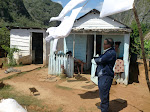




























































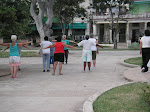
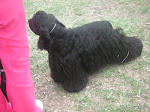
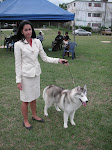


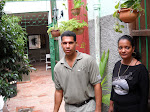





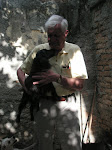



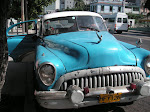

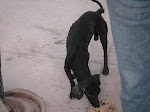


No comments:
Post a Comment